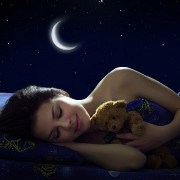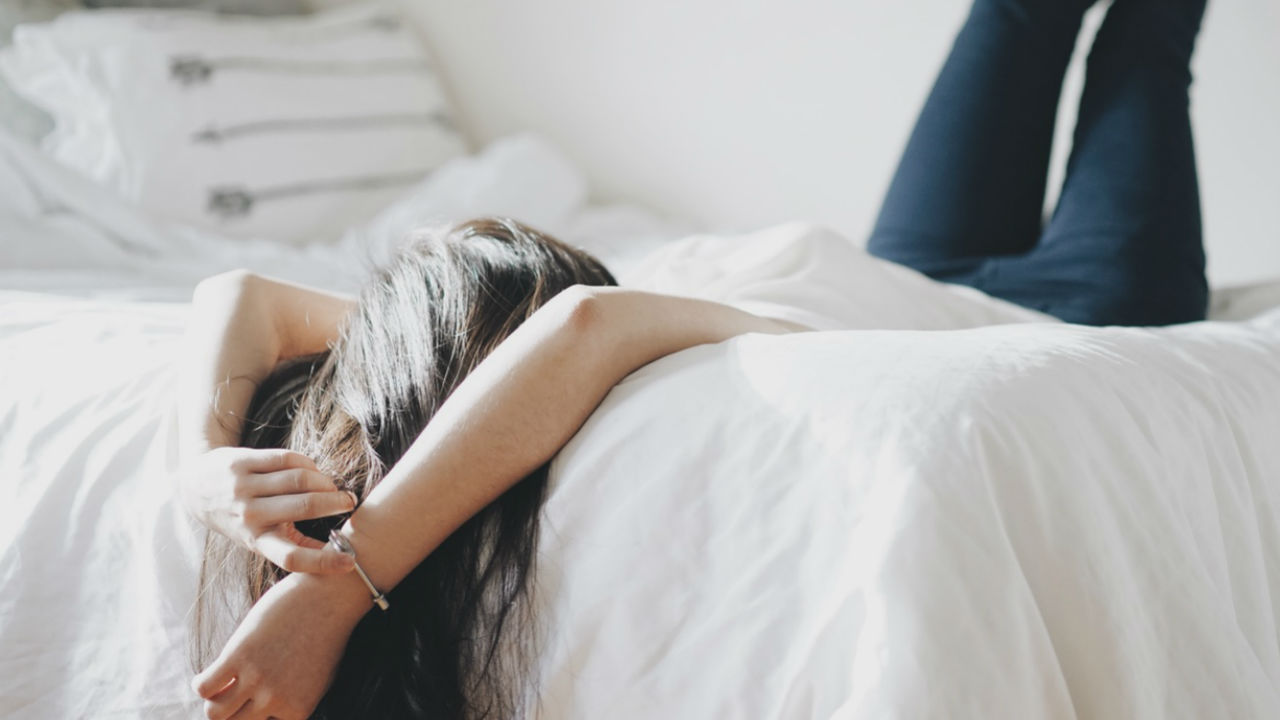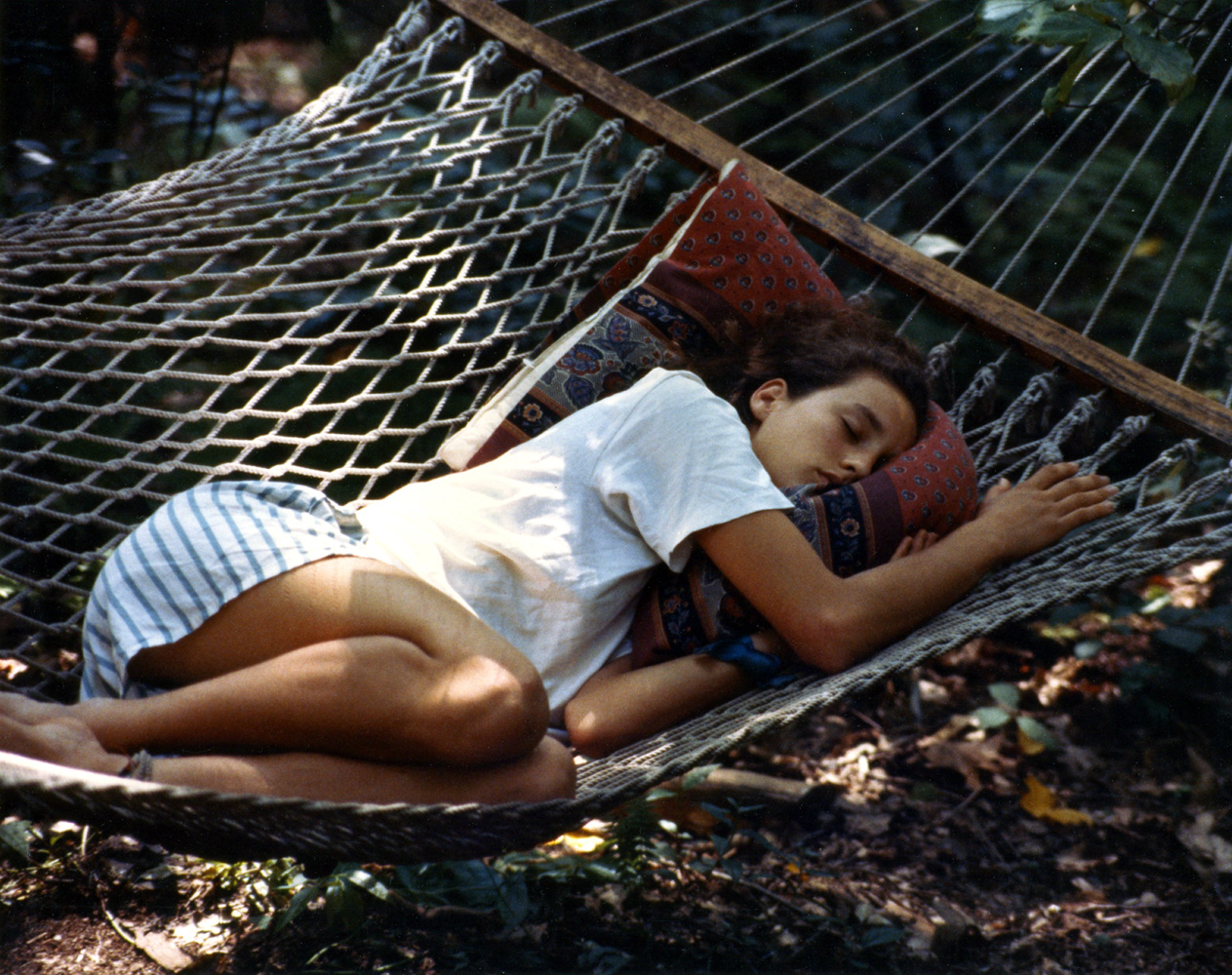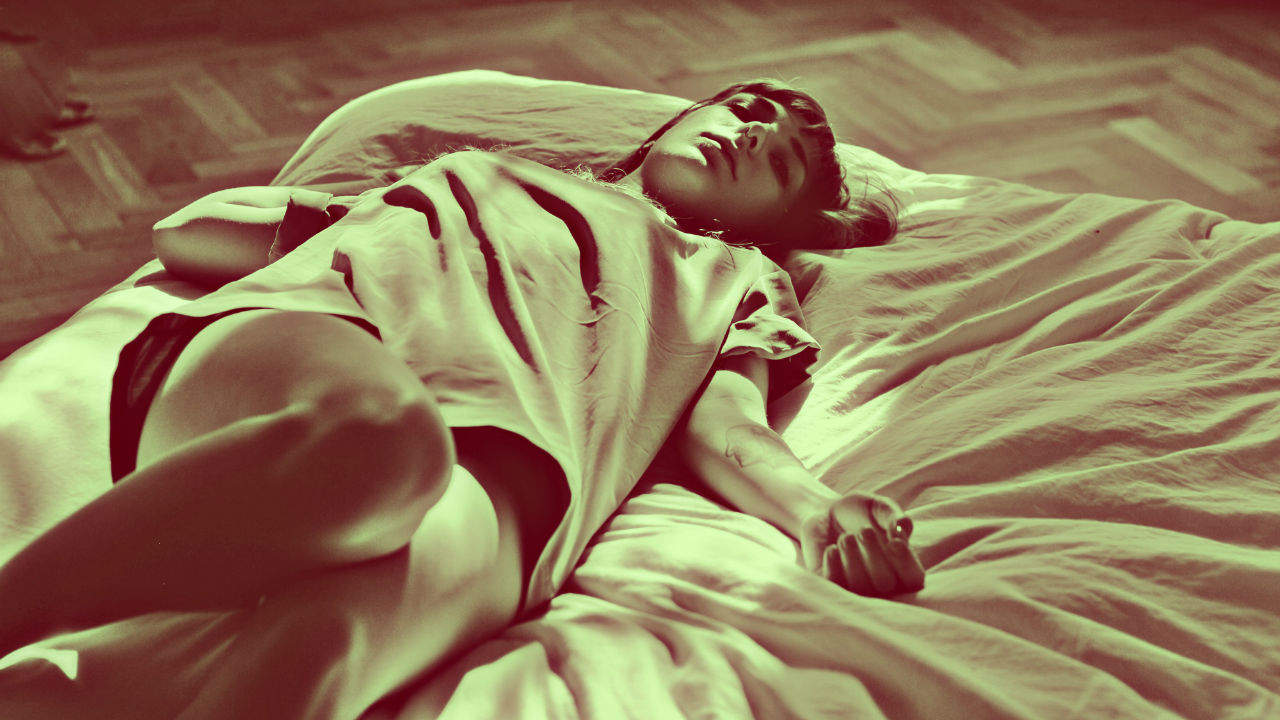 Photo: Getty Images
Photo: Getty Images
Sleep is an important aspect of our lives. While it may seem like a passive activity, a lot goes on in our brains that affects how we function every day.
When we are sleeping, we go through five different stages of sleep: stage 1, stage 2, stage 3, stage 4 and rapid eye movement (REM) sleep.
During the night, about 50 percent is in stage 2, 20 percent in REM, and 30 percent in the other stages of sleep, according to the National Institute of Neurological Disorders and Stroke. Certain hormones play an important role in our sleep.
Melatonin
How can we tell when it is time to be awake and time to be asleep? This is related to the hormone melatonin, which is secreted by the pineal gland in the brain. When it becomes darker, we begin to feel drowsy because our bodies produce more melatonin. The opposite occurs when it becomes light, thus causing us to wake up.
But our melatonin levels can become disrupted, affecting our sleep. For example, melatonin levels can be altered if we are not exposed to enough light in the day or if during the evening we are exposed to bright lights. The University of Maryland Medical Center noted that poor vision, shift work and jet lag can interfere in a person’s melatonin cycle, affecting her sleep.
There are supplement forms of melatonin. The University of Maryland Medical Center stated that studies on melatonin supplements may help people who have low melatonin levels or disrupted circadian rhythms, such as individuals who work on the night shift at their jobs.
The National Institute of Neurological Disorders and Stroke warned that the side effects of the supplement are still not fully known. Individuals interested in using melatonin supplements should talk to their health care professional.
Sleep Deprivation and Hormones
If we do not get enough sleep, it can affect other hormones. In a study conducted at The University of Chicago and published in the journal The Lancet, researchers looked at how chronic sleep loss affects hormone secretion. The study included 11 healthy young men over 16 nights, in which they slept eight hours the first three nights, four hours the next six nights, and then spent 12 hours in bed for the last seven days.
The researchers found that when these men were sleep deprived, they had a reduced secretion of thyroid-stimulating hormone. They also found that the participants had increased levels of cortisol in their blood.
Hormonal Changes During Menopause
When women are going through menopause, they may find that they have difficulty sleeping. So can the hormonal changes during menopause affect sleep?
The National Sleep Foundation stated that “the shifting of the ratios of hormones can be an unsettling process, sometimes contributing to the inability to fall asleep,” adding that the decreased levels of estrogen can make women “more susceptible to environmental and other factors/stressors which disrupt sleep.”
But research at the University of Michigan argued that blame for sleep disturbance during menopause should not be entirely placed upon estrogen. The study age-matched women who had gone through menopause and those who had not. It was found that sleep was worse for older women, regardless of whether they had gone through menopause or were using estrogen therapy.
The press release from the University of Michigan added that the researchers found that “for women who were not having hot flashes, there was little difference in sleep between post-menopausal women who were or were not taking estrogen supplements.”
References
National Institute of Neurological Disorders and Stroke. Brain Basics: Understanding Sleep. Web. 20 February 2012
http://www.ninds.nih.gov/disorders/brain_basics/understanding_sleep.htm
University of Maryland Medical Center. Melatonin. Web. 20 February 2012
http://www.umm.edu/altmed/articles/melatonin-000315.htm
The University of Chicago Chronicle. Lack of Sleep Alters Hormones, Metabolism. Web. 20 February 2012
http://chronicle.uchicago.edu/991202/sleep.shtml
National Sleep Foundation. Menopause and Insomnia. Web. 20 February 2012
http://www.sleepfoundation.org/article/ask-the-expert/menopause-and-insomnia
University of Michigan News Service. Women Need Not Lose Sleep Over Menopause, U-M Study Says. Web. 20 February 2012
http://www.ns.umich.edu/index.html?Releases/2004/Apr04/r042704b
Reviewed February 20, 2012
by Michele Blacksberg RN
Edited by Jody Smith





Add a Comment1 Comments
For more information about the Pineal Gland Activation, visit http://uncaminoalaascension.com
February 22, 2012 - 8:03amThis Comment